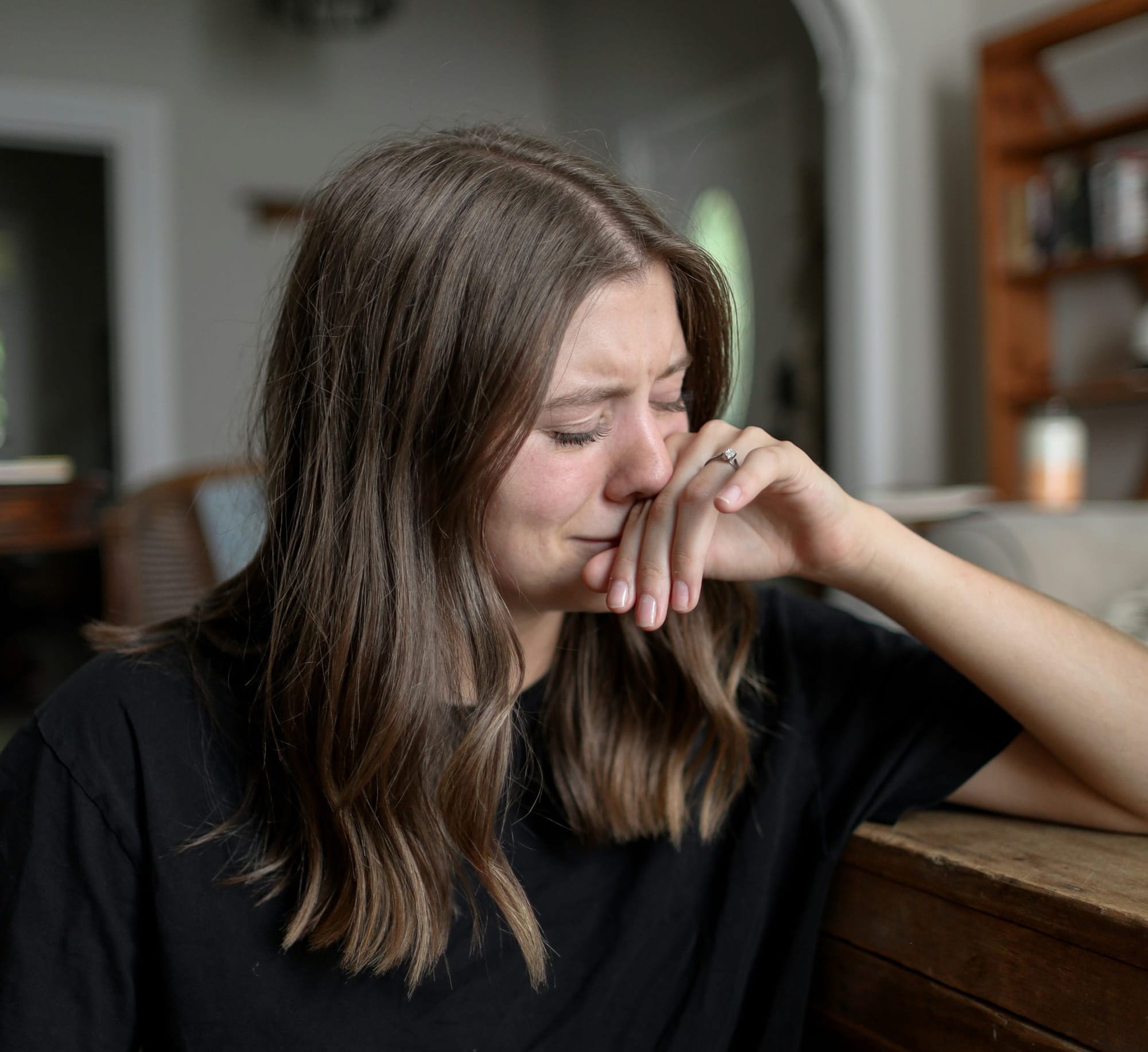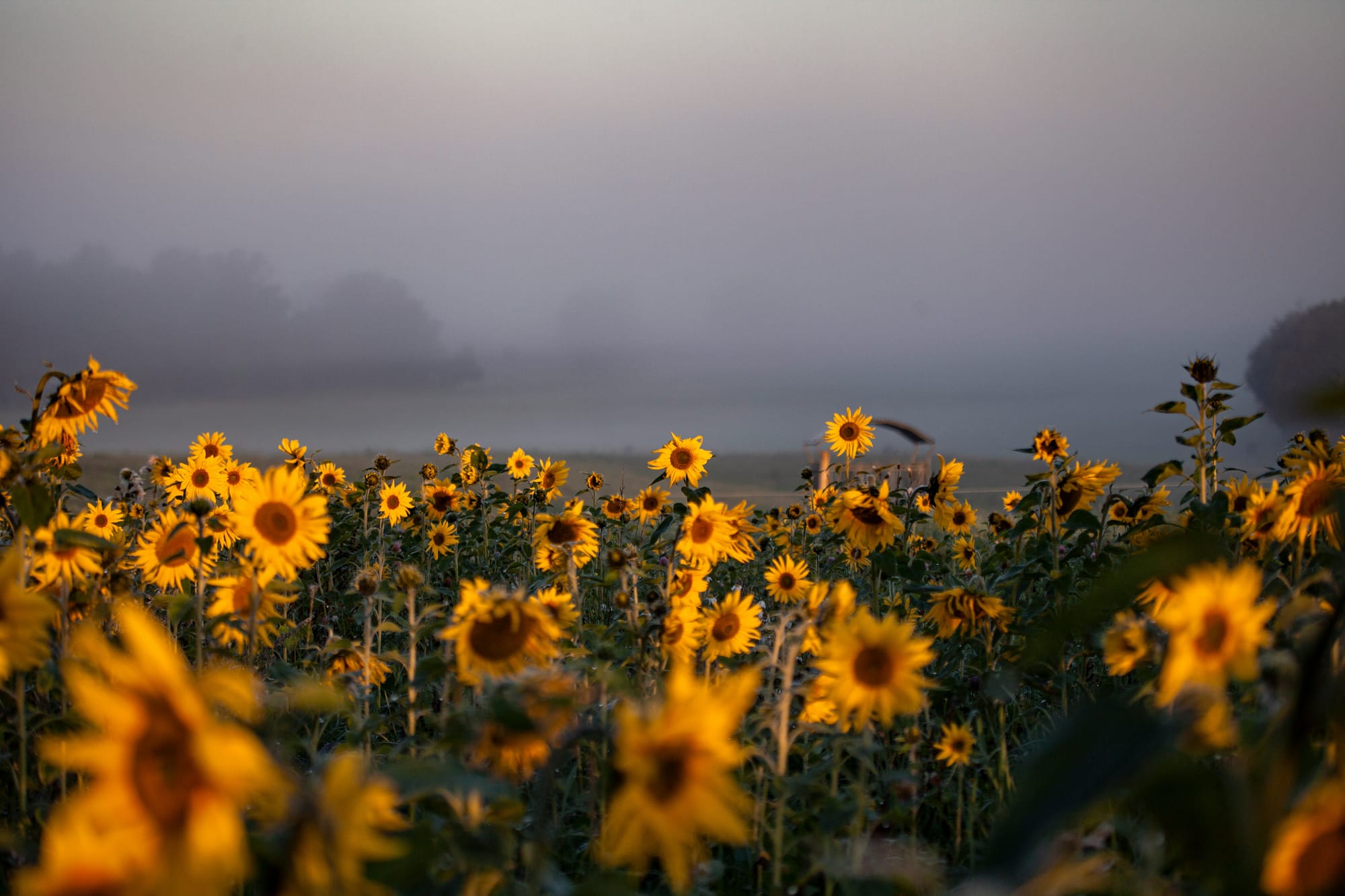Fall transitions, ruptured

Fall is traditionally a time of transitions, what with changes in the weather and the beginning of school, sports, arts, church, and other program years. Every year, the transition period is marked by some combination of relief, refreshed energy, and dread—relief to be back in the swing of familiar patterns and activities, energy from the excitement of new challenges, dread from worry that whatever the new season brings will be too much or too hard. For most of us most of the time—especially most kids and parents—the balance favors relief and revived energy; for some, dread predominates. But until this fall, I never thought of that transition time—even the rather routine dread—as a privilege.
This year is different because in my city, Minneapolis, it started with a mass shooting at Annunciation School. For the families of Annunciation, “transition” isn’t the right word. They are dealing with a rupture—at a minimum, their sense of safety and routine is shattered; for a few, whose offspring or siblings are dead or severely injured, their lives are torn apart.
In the usual case, kids and parents find the fall transition fairly easy. Even when there is dread, as for children whose first school days are lonely or scary, caring adults can typically help the anxious children through the isolation or fear. The adults are buoyed in their efforts by their long-view understanding that children typically settle in, and that they usually benefit from school and community and friends. Caring adults will explain something like this to the children of Annunciation. Yet—hate is still out there. And guns. And for the kids of Annunciation, that visceral reality—a reality that they had no say in—isn’t going away.

Normal transitions, agonizing ruptures
So it is with our own anxieties about transitions. If we have chosen the hard thing and are in the midst of working toward the benefits—if we’ve quit drinking, or moved to a new town, or taken a new job—we can remind ourselves that transitions are hard, but we’ll be happy with the change in our lives. Sometimes we can even pull the same trick if we haven’t chosen the hard thing, and even if it happens fast: I’ve been fired, but now I can find something better; my spouse has deserted me, but I can grow into my own strengths and friendships.
But the trick doesn’t always work. One description of an agonizing rupture that sticks with me come from activist, American Pragmatist, and Nobel-Peace-prize winner Jane Addams’ book Twenty Years at Hull House; with Autobiographical Notes. The book describes efforts at Hull House to support and enrich the lives of immigrants to early 20th-century Chicago. Addams writes:
…some frightened women had bidden me come quickly to the house of an old German woman, whom two men from the country agent's office were attempting to remove to the County Infirmary [the poor house]…The poor old creature had thrown herself bodily upon a small and battered chest of drawers and clung there, clutching it so firmly that it would have been impossible to remove her without also taking the piece of furniture. She did not weep nor moan nor indeed make any human sound, but between her broken gasps for breath she squealed shrilly like a frightened animal caught in a trap…To take away from an old woman whose life has been spent in household cares all the foolish little belongings to which her affections cling and to which her very fingers have become accustomed, is to take away her last incentive to activity, almost to life itself…The poor creature who clung so desperately to her chest of drawers was really clinging to the last remnant of normal living–a symbol of all she was asked to renounce.
The parents of the slain children are also beyond words. Says one, ''As a family, we are shattered, and words cannot capture the depth of our pain.” Like the old woman being torn from all she had lived and known, these parents have been forced into a terrible loss and a new reality, and they are abruptly powerless to control the passage.

Repairing the breach
Over time—maybe a lot of time—the parents will try to repair the breach. Slain child Fletcher Merkel’s Dad, quoted above, has been pulling in community by speaking to the press and by reaching back to normal times, like when Fletcher got on the radio to imitate fireworks.
Another parent, whose child was badly injured but is recovering, reached for the long view, looking with hope to the possibility of a better life for the community by passionately calling for gun control and other measures to keep children safe. Others, rather than focusing on the perpetrator, remember that the children protected each other—some injured while lying on top of others to cover them—and that the teachers and other school staff acted heroically.
In the strongly religious community of Annunciation, and throughout Minneapolis, many reached out to God not as a salve or escape, but in faith that love will, in the end, be more powerful than hate, and that love needs to be their guide going forward.
Meanwhile, of course, the stricken parents, teachers, and principal are focused on leading the children for whom they are responsible past the breach, with the support of the wider community. Religious services, blue and green ribbons blowing from trees and street lamps throughout the city, a march, and a memorial show the children thousands upon thousands of loving people working to drown out the one hate-filled one. And some of children are taking action themselves, in a political rally and coordinated school walkouts calling for gun control.
In these and other ways—from intensely private and painful to outspoken and fierce—the parents, children, and the community around them will work toward a new equilibrium after the rupture. But “new equilibrium” should not mean accepting that school shootings are normal. There has been enough of that attitude! (Sickeningly, there is even a thriving industry feeding off school shootings.)
What I’m trying to do in this moment is to really listen to the pain in the parents’ voices, and to the hope and insistence in the children’s demands. I’m hoping that listening can keep me horrified and shocked, so that I can use that emotion to call, write, march, and pledge to do what I can to keep our children and grandchildren safe. The usual fall transitions are quite enough for children to master, and for parents and grandparents to have the privilege to help them through!